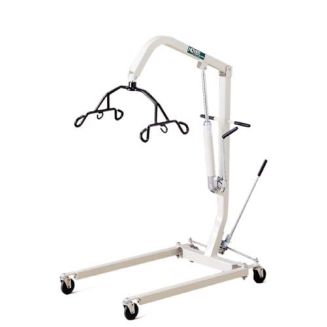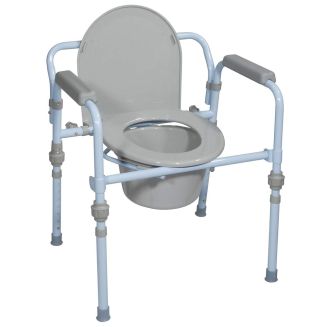Welcome to 1800Wheelchair.ca Winter '11 Scholarship
Topic: As a student, what advice would you give policy makers regarding health reform? Feel free to address broad issues or specific topics, real world stories are welcome.
Ryan Gibson
University of British Columbia

If Michael Moore and his 2007 film, “Sicko” are to be believed, health care in Canada is far and away the best thing since someone discovered maple syrup tastes better with pancakes under it. The truth is, however, that Canada still has a long ways to go until our system is truly “universal”. Overcrowded ERs, waiting lists that stretch for years, and underfunding of essential services are just some of the obstacles between Canadians and the care they need.
Many critics of the current health care system cite the inability to pay for expedited or superior treatment as a crucial flaw. Stories abound in newspapers and online of patients who, faced with months of delays before they could even be diagnosed, sought care abroad and found help within weeks. What they neglect to mention is that this very “fix” to the system would completely undermine everything that Tommy Douglas fought to establish in 1962. Allowing those with money to skip lines and buy their own advantage is a large part of the problem that currently plagues the United States. Recently the widening economic gap has been brought to the forefront of the public eye due to the “Occupy” movements across North America. Is it a wise idea to introduce that same discord into an area where currently all citizens have an equal right to?
The answer is not to replace an ineffective system with one that is simply altogether broken. As a personal supporter of the structure of the current system, I also do not advise broad sweeping changes take place. Instead, analysis of the criticism reveals that complaints can, for the most part, be categorized into two fields: long waits for a common treatment caused by higher demand than the government can meet, and poor ability to treat patients due to the lack of the appropriate technology in Canadian facilities. The latter case most often ends with the afflicted seeking care internationally. It is clear then, that to meet the demands of the most unsatisfied Canadians a method must be found to increase the ability to care for common ailments. I would suggest to Canadian policy makers that the immediate remedy is to encourage the hiring of more “frontline” healthcare professionals, such as registered nurses. It is a simple fact that nurses are the day to day face of health care, and currently Canada is suffering from a shortage of qualified workers. By growing the workforce, Canada can quickly increase the quality of patient care without major infrastructural changes. The benefits of more nurses are numerous, from the increased ability to closely monitor patients due to a lower patient-nurse ratio, to increased manpower to distribute urgent time-sensitive medication such as during the H1N1 epidemic in 2009.
Canada does not need a new health care system. Canada needs a streamlined health care system. The first step is the hiring of more health care professionals. Further into the future more restrictions should be removed to expedite the treatment of simple ailments. As a rough analogy, a mechanic does not need an engineer to inspect a car every time something goes wrong; why isn’t a nurse fully capable of administering treatment in common, non-serious cases? The understanding of medical science has advanced beyond requiring a doctorate to diagnose a cold. It is time our treatment standards did the same.







